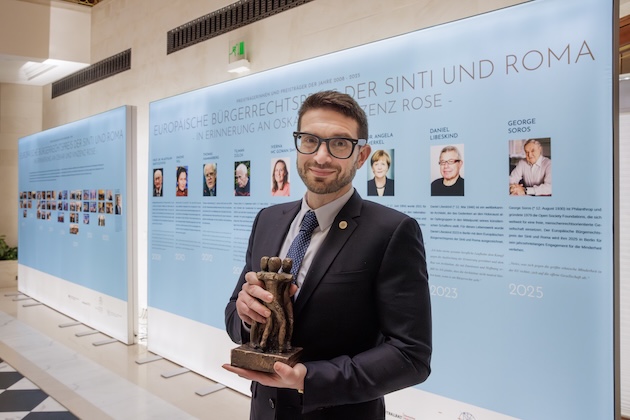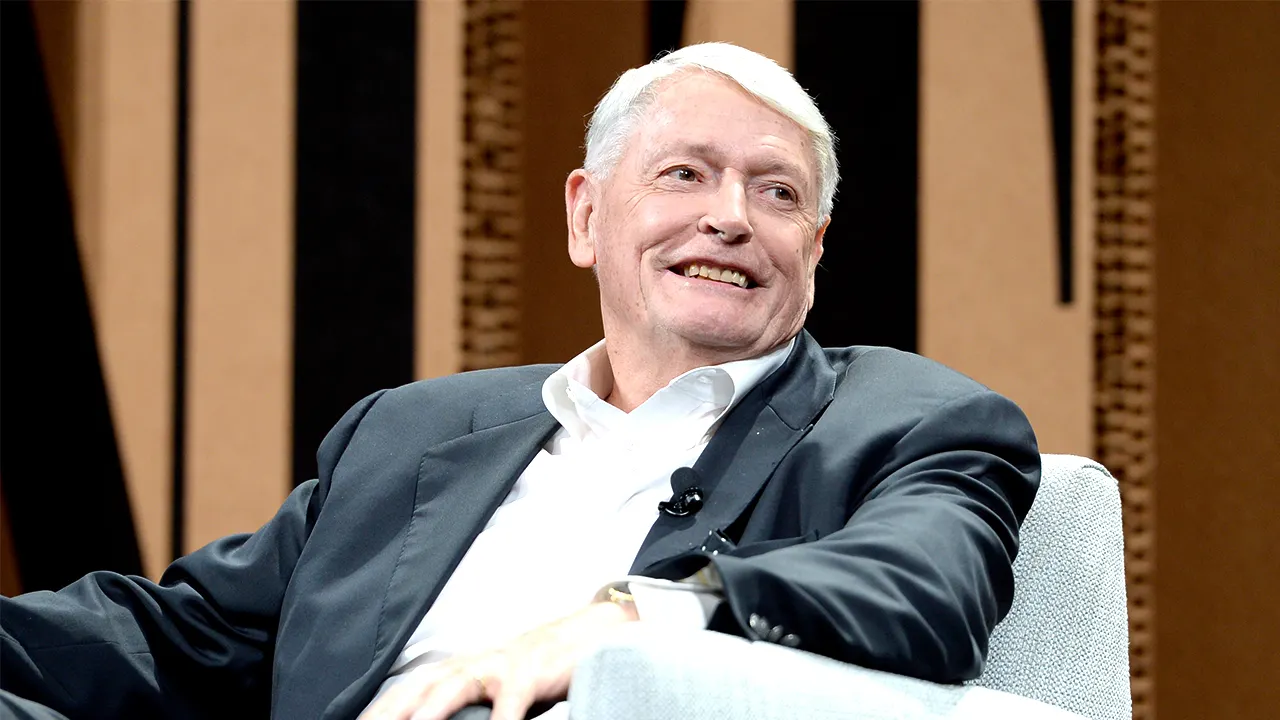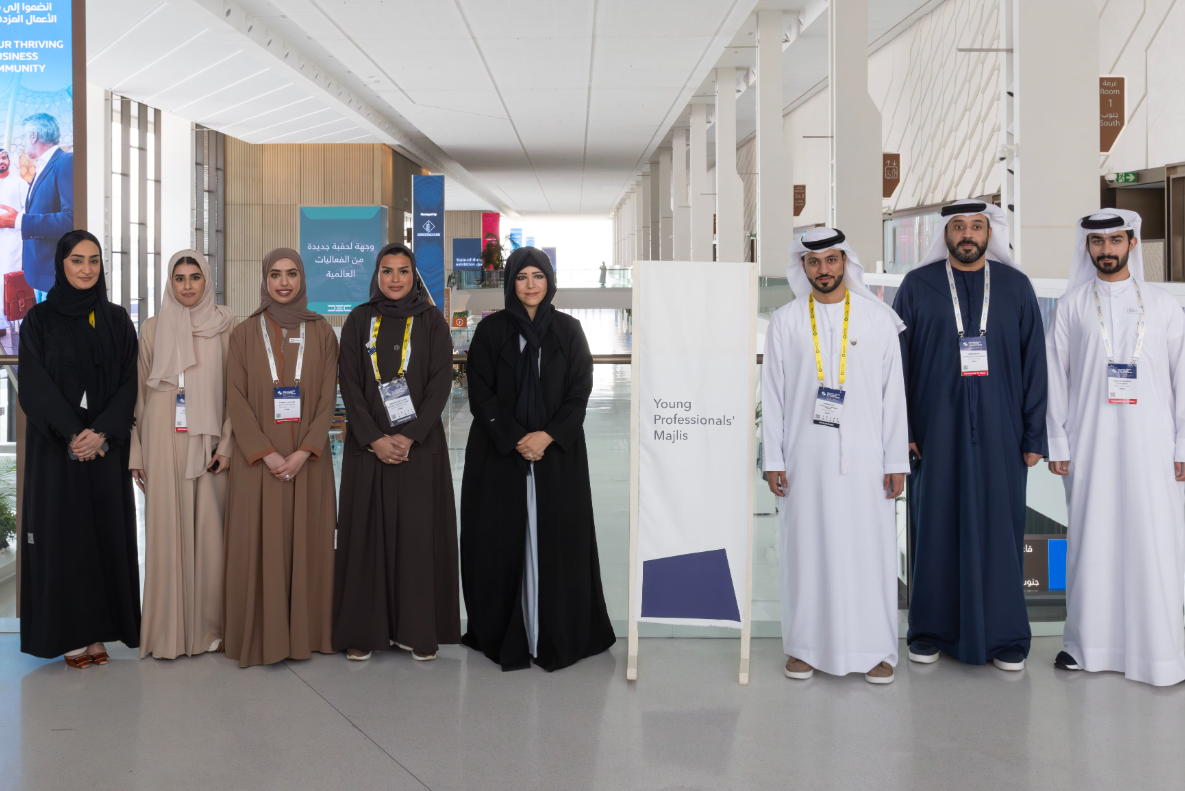Copyright globalissues

by Ed Holt (bratislava)Monday, October 27, 2025Inter Press Service BRATISLAVA, October 27 (IPS) - Billionaire philanthropist George Soros has been awarded the European Civil Rights Prize of the Sinti and Roma for his decades of work supporting Roma rights. Through sustained philanthropic efforts, Soros, who founded the Open Society Foundations (OSF), has supported projects across the continent advancing the rights, dignity, and empowerment of Roma—Europe’s largest ethnic minority. His son Alexander, who is chair of the board of directors of the OSF, accepted the prize, which was established in memory of Holocaust survivors and pioneers of the Roma civil rights movement, Oskar and Vinzenz Rose, in Berlin on October 23, on his father’s behalf. He said, “My father’s partnership with Roma communities has always been grounded in a deep belief in justice, dignity, and self-determination. This prize is a powerful recognition of that shared journey—and a call to continue the fight against prejudice and exclusion.” Soros’s philanthropy has supported Roma-led organizations to confront discrimination, expand access to education and justice, improve early childhood development and healthcare, and amplify Roma voices in public life. Among some of the most significant projects have been the creation of the European Roma Rights Centre, the Roma Education Fund (REF), and the Decade of Roma Inclusion, which collectively helped more than 150,000 Roma students attend school, challenged segregation before the European Court of Human Rights, and elevated Roma voices in public discourse. Meanwhile, the 2024 launch of the Roma Foundation for Europe (RFE)—an independent, Roma-led institution established with a 100 million EUR pledge from the Open Society Foundations—was a key moment in support for Roma across the continent. Speaking after the prize was awarded, those involved in some of these institutions highlighted not just how these projects have changed the lives of Roma individuals and advanced Roma rights more widely, but also the impact Soros and his work have had on Roma communities in Europe. “Over the past two decades, REF has supported thousands of young Roma across 16 countries to complete higher education and build successful professional careers,” Ciprian Necula, Executive President of the REF, told IPS. “Today, there are Roma doctors, engineers, teachers, lawyers, IT specialists, economists, social workers, journalists, and artists whose professional journeys began with REF’s support. Our most meaningful contribution has been creating genuine pathways to education and employment, proving that talent exists in every community when access and opportunity are fair. “The work of George Soros has been extremely important to Roma communities. No other individual or institution has supported Roma communities with such consistency and vision. His contribution went far beyond financial support; he helped us build institutions, nurture leadership, and develop long-term strategic perspectives. “His legacy is one of trust, solidarity, and shared responsibility, a reminder that real progress happens when marginalized communities are not only supported but empowered to lead their own change.” Zeljko Jovanovic, RFE President, told IPS, “Without the Open Society Foundations, the Roma movement as we know it simply wouldn’t exist.” “George Soros put Roma issues on Europe’s agenda and helped build the first networks of activists, researchers and policymakers working together for change. Over time, his support helped cultivate a generation of Roma professionals and advocates able to design and run their own initiatives. That legacy made today’s Roma-led institutions possible, including the Roma Foundation for Europe,” he said. “The Roma Foundation for Europe is the most important step in building a Roma-led institution on a European scale in decades. It builds on the long tradition of support for Roma civil society that started with the Open Society Foundations but takes it further—focusing on leadership, education, economic participation, culture and political voice. There’s been a strong sense of ownership and hope [among Roma towards the Foundation]. Many Roma see the Foundation as something long overdue—a space where Roma lead, set the agenda and work with others as equals. It’s not just another organization that speaks about Roma but one that gives structure, power and voice to Roma-led ideas, from business and education to culture and politics,” he added. Soros has said that he would be donating the 15,000 EUR endowment that comes with the award to the Roma Education Fund. Necula said the money would be used to expand the Fund’s digital education program. “This initiative will give Roma children and youth access to technology, digital skills training, and new learning opportunities. In essence, we will turn vision into action, transforming education into opportunity for our children. By investing in digital education now, we ensure that no child is left behind in the transformation shaping our economies and communities,” he said. In comments after being awarded the prize, Soros spoke of his long-standing relationship with the Roma and highlighted the continued discrimination they face. “The Roma have endured centuries of discrimination and marginalization, rooted in a long history of violence—from the Holocaust to forced sterilization, child removals, and evictions. These injustices continue to resurface, as seen during the COVID-19 pandemic and, more recently, when Roma fleeing the war in Ukraine faced barriers to shelter and aid,” he said. “I’ve always believed that open societies must protect the rights of all people—especially those who are excluded. Working alongside Roma leaders and communities has been one of the most meaningful parts of my life’s work,” he added. Meanwhile, Alexander has pledged to continue his father’s fight for Roma rights, equality, and support for communities’ empowerment. “As a child, I accompanied my parents on visits across Europe to meet Roma leaders and their families. Those experiences left a lasting impression on me and shaped my own commitment to human rights. Today, as chair of the Open Society Foundations, I am proud to carry forward this vital work and stand alongside Roma communities in their pursuit of equal rights and freedom. The discrimination that Roma experience is a threat to all of Europe. None of us is free until we are all free,” he said. IPS UN Bureau Report © Inter Press Service (20251027072218) — All Rights Reserved. Original source: Inter Press Service



